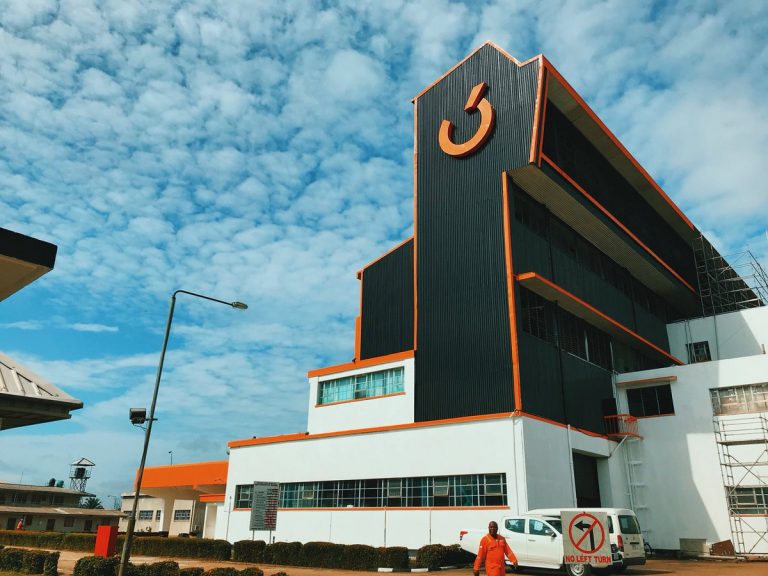Directors of the Transnational Corporation of Nigeria Plc, on Tuesday presented its financial results for the nine-month ended September 30, 2019, highlights of which was a revenue, which continued to be driven by its power business, accounting for N43.601bn, or 74.81% of the total N58.28bn, leaving its hospitality segment with N14.676bn, or 25.18%, in the absence of contributions from the oil and gas, which is still prospecting crude, just as it is divesting its agro-allied segment.
The revenue represented a N21.582bn or 27.02% drop from the N79.86bn reported in the first nine months of 2018, when Transcorp Power reported N67.19bn revenue; and Transcorp Hotels, N12.67bn.
Cost of sales however dropped to N31.322bn from N42.9bn; resulting in gross profit of N26.955bn, from the previous N36.96bn; while administrative expenses inched to N10.639bn from N11.557bn; other income swelled from N542.051m to N710.432m; just as net other gains stood at N56.144m from a loss of N15.512m in the prior nine months. These brought operating profit for the period to N17.083bn, down from the previous N25.929bn.
Finance cost increased to N10.168bn, from N6.591bn; foreign exchange gain on financing activities stood at N441.832m, compared to the previous loss of N1.621bn; following which Profit Before Tax (PBT) declined to N7.356bn from N17.717bn; the effect of which was mitigated by the drop in tax expenses from N1.754bn in 2018 to N612.68m. Net profit for the period slipped to N6.743bn, N9.219bn or 57.76% down from N15.962bn in the corresponding period of 2018, translating to Earnings Per Share of 6.20 kobo; as against the previous 17.37 kobo.
A statement by the company quoted its President and Chief Executive, Valentine Ozigbo, as saying the result reflected the group’s “long term commitment to the sectors in which we play as we have had to focus on creating value for our shareholders while contending with significant operational challenges including severe gas shortages, mandated reduction in generation from the National Control Centre and importantly, revenue exposures from delayed payment of receivables in our power business.”
He assured that the group has taken several actions aimed at proactively and sustainably addressing these issues, including “the recent activation of our Gas Supply and Aggregation Agreement, guaranteeing gas supply to our power plant in Ughelli; leveraging the Eligible Customer regime initiated by the Federal Government, which gives value to our stranded capacities; consummating the acquisition of Afam Power Plc and Afam Fast Power Limited, thereby raising our total generation capacity from 972MW to 1938MW; expansion into alternative power generation and mini-grid opportunities, among other things.”
Ozigbo assured that “the actualization of these steps, as well as improvement in market payment for electricity generation, will facilitate our projected revenue expansion in Q4 and the coming years. This is in addition to even more significant contributions from our hospitality business, which is expected to benefit from the introduction of new service offerings. The recent discharge of the hotel from the Bureau of Public Enterprise (BPE) post-privatization monitoring, further speaks to its operational excellence and top-line corporate governance.”
Trending Today
Menu








